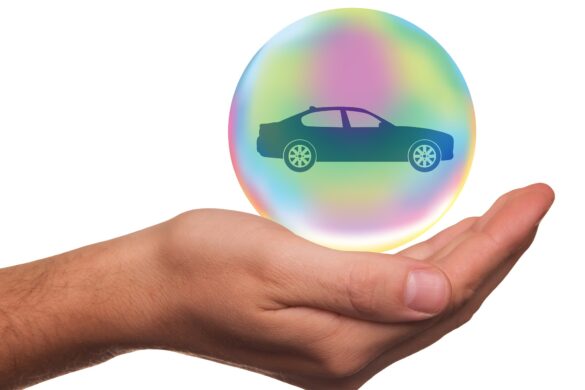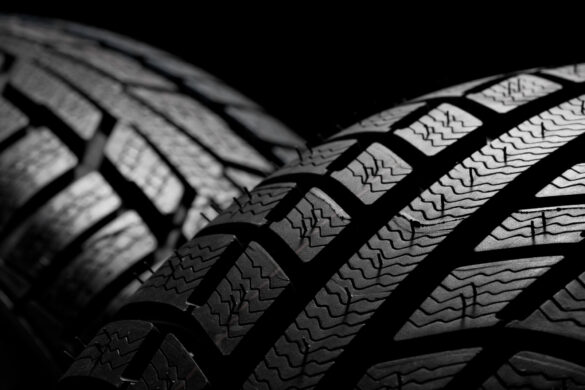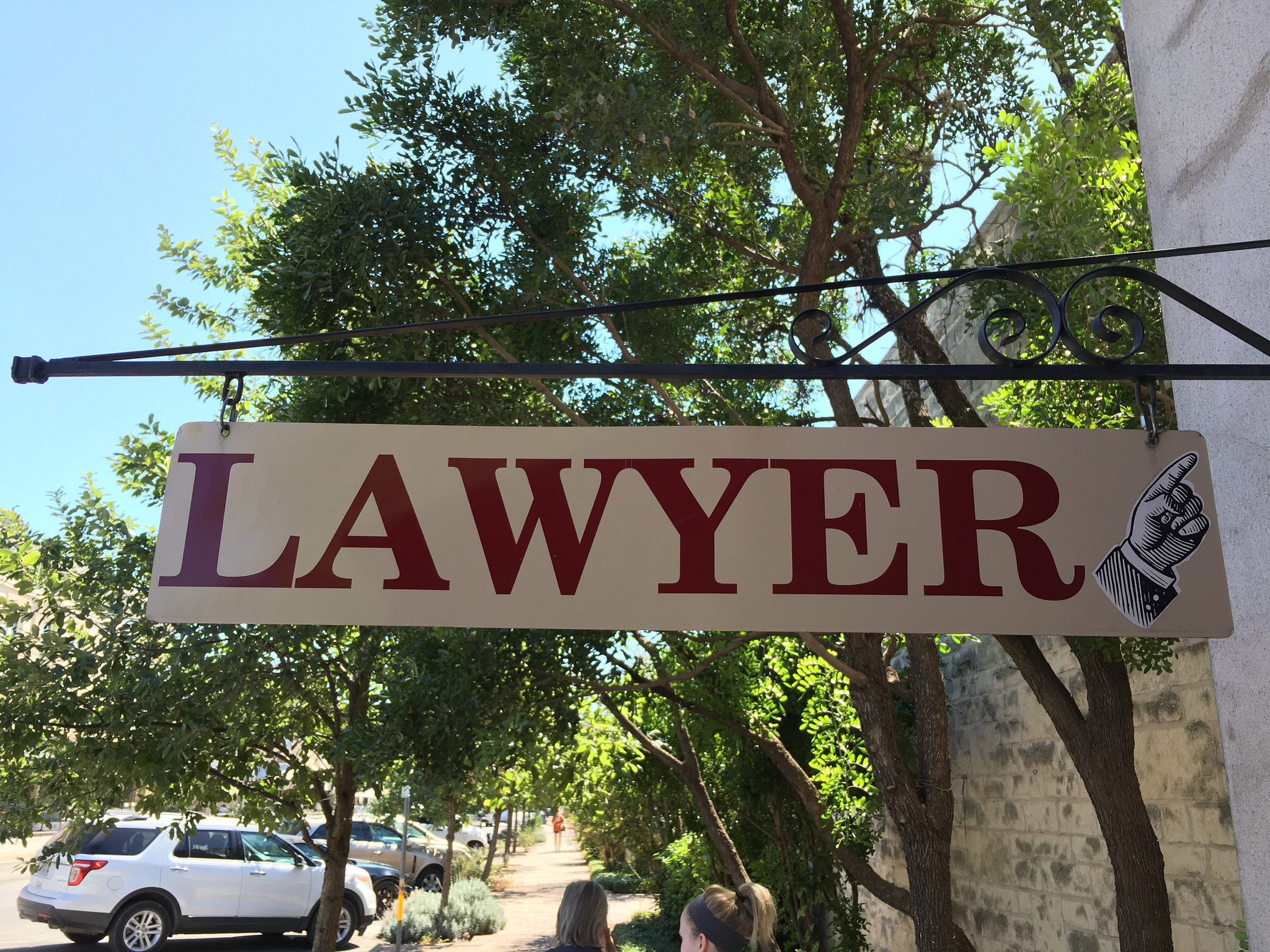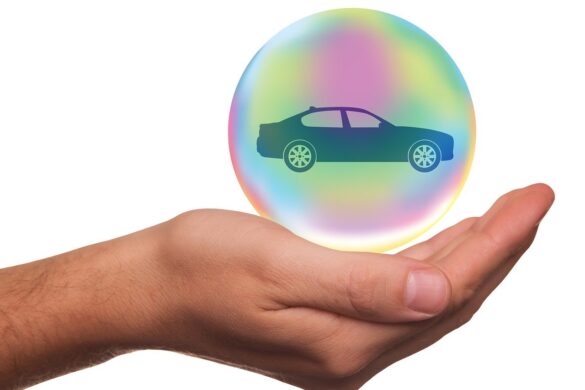
You likely are interested in a new car because it has not undergone the wear-and-tear and rigors the road and ailments. As such, you believe you are not buying a set of things that likely will need constant repair in the very near future. When that new car does not meet those expectations, you have rights under lemon law. Your potential remedies include replacement of the vehicle or a refund.
What is a “Lemon”?
To get protection under the lemon law, your vehicle must have a substantial defect that is not fixed after a reasonable number of attempts. A substantial defect is one that seriously limits the ability of your car to function as promised or expected. Mechanical failures to the engine, transmission, brakes and steering, will qualify without much dispute.
Malfunctioning air conditioning systems, radios, door latches, and door handles, while annoying, do not afford you relief under lemon laws. Defective rear view and dashboard cameras, GPS, Bluetooth capabilities and even Wi-Fi do not necessarily convert your car into a lemon. A court might be reluctant to say that these problems affect the safe operation of the vehicle. You or a lawyer could craft an argument that the proper operation of these devices are important to the value of the vehicle or are covered within the manufacturer’s express warranty. If a court agrees, you may have a lemon law claim.
Below, we explain the signs that your vehicle may be a lemon — after and before you take title and delivery.
Number of Times in the Shop
To obtain relief from the lemon law, you must give the dealer a chance to fix the problems. If the dealer refuses to even address your complaint or concerns, talk to a lemon law attorney. The lawyer may decide to write a letter demanding that the dealer repair the vehicle or else you will seek remedies under the lemon law, including money damages or replacement and attorney fees. You may find that an artfully drafted letter will lead to a resolution without needing to sue.
Should the dealership try to repair, keep the work orders and papers that show your reports of the problem and the services performed. Doing so builds a record that the problem recurs and multiple efforts to fix it were not successful. The article Riverside Lemon Law Attorney from Neale and Fhima LLP explains that if you have taken your new car to the dealer for the same problem several times, you may have purchased a “lemon” vehicle. Although there is no hard and fast number, California’s lemon law generally presumes that at least four tries is reasonable. If the defect in question endangers your safety or health, then the dealer gets two chances before the presumption applies. If these repeated attempts do not solve the problem. You may be able to pursue a claim for a refund or replacement care.
An Out-Of-Service Vehicle
A car may constitute a lemon if it spends considerable time under repair. California law presumes that 30 days or more in the shop is too long and may give rise to a lemon law claim. The minimum 30 days do not have to be consecutive.
Some Specific Signs of Problems
You really do not know whether your new vehicle meets the legal definition of a lemon until you have owned it for some time. For that reason, the protections of the lemon law run throughout the warranty period on the vehicle.
Even so, before the purchase, it is possible to detect a vehicle that might become a lemon or later prove to be the subject of a fraudulent deal. If these problems below appear before the purchase, avoid buying the car. Should they become noticeable after you purchase, you need to notify the dealer promptly and contact a lemon law attorney.
Brakes
The brakes might pose a problem if you have to apply considerable pressure to slow or stop. On especially new vehicles, you should be able to apply the brakes smoothly and with minimal pressure. Test the brakes with sudden stops as well as normal ones. Certainly, you should avoid the car if you hear scraps or other noises when you brake.

Steering
Consider the ease at which you can turn the vehicle. Problems may exist if you have to turn the steering wheel significantly to change direction or if the car turns with very little force on the steering wheel. Drifting of the car when you don’t turn the steering wheel may indicate alignment problems.
Bad Engine
Pay attention to whether the engine hesitates or the vehicle otherwise has problems transitioning between gears. These problems appear especially when you accelerate on a highway. Listen for rattles or squeaks from the engine, as these noises may indicate an engine that does not run smoothly or effectively.
Flooded Vehicle
Chances are that a flooded vehicle is a lemon. Unscrupulous dealers can find vehicles located in other regions or time zones and attempt to hide their flooded or damaged pasts. Here are some signs of a potentially flooded vehicle.
-
Rust
Carefully examine the undercarriage of the vehicle. If you see rust on the muffler, exhaust or otherwise under the car, that usually means it likely has been flooded.
-
Odors or Aromas
If you smell something other than the characteristic new car aroma, then suspect that the vehicle as if it may be a flooded vehicle or a lemon. A musky smell means water has likely soaked into the floorboard carpets, the upholstery of the seats and the air conditioning vents. To hide this obvious red flag, fraudulent dealers will place air fresheners in the vehicle. You might see them placed on the vents. Beware of strong air freshener fragrances and the aromas of disinfectants or cleaners.
-
Signs of Water in the Lights
Examine headlamps, tail lights and interior lights for water marks, fog or areas where water has collected.
-
Inconsistent Fluids
On a new car, oil, antifreeze and transmission fluids should not appear milky, unclear or thick. A contrary condition may be evidence that water has mixed with oil or other fluids.
-
Malfunctioned Electronics
The lemon law does not afford relief merely because the radio does not work. However, a non-working radio or other electronic devices nevertheless can indicate water damage to wires and circuits. Inspect the vehicle for corrosion around wire or fuse connectors.
Avoiding a lemon starts at the dealership. Test drive and inspect the potential purchase, having a family member or trusted acquaintance accompany you. These efforts may generate clues of a vehicle you should avoid. If these problems develop after you buy and the dealership can’t or won’t fix it, a lemon law attorney can help you get a refund or a replacement that affords you the new car experience you expected.








